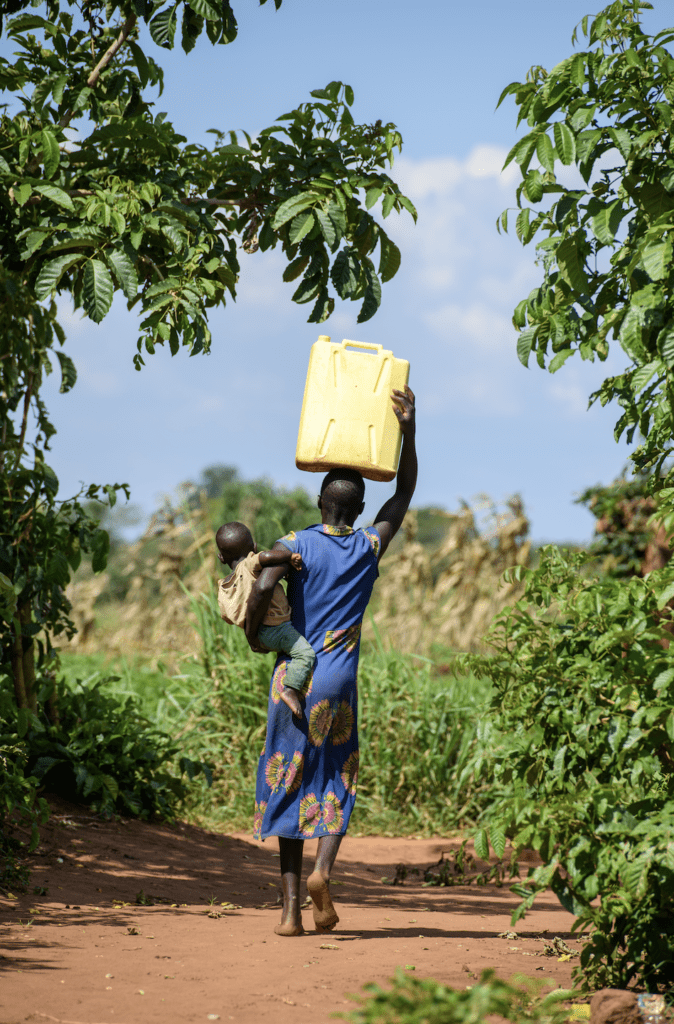This website uses cookies so that we can provide you with the best user experience possible. Cookie information is stored in your browser and performs functions such as recognizing you when you return to our website and helping our team to understand which sections of the website you find most interesting and useful.
Raised in a community where family planning is shrouded in myths, a 14-year-old mother opted to use contraceptives to prevent a second unplanned pregnancy.
When Sandra was 13, she gave birth to a son in northern Uganda. Young and without a partner’s support, Sandra’s stark new reality eclipsed her childhood, all prospects of school, and plans for the future.
I was very sad and scared,” recalled Sandra, who for months stayed hidden at home, with only her mother and a few family members aware of her pregnancy.
As a result, she missed several critical antenatal care visits, and suffered several bouts of malaria. Luckily, Sandra gave birth safely at the health facility, albeit with great difficulty.
Sandra with her son at the borehole fetching water.
Motherhood is hard for Sandra because she is still a child herself. “After what I endured during the pregnancy and the near-death experience of childbirth, I am not ready for another baby.” When she was 14 and her baby was one, Sandra “attended the DREAMS Stepping Stones sessions, where we learned social, life, and financial skills. At one of the sessions, we were told about family planning—the methods, benefits, and possible side effects.”
The Determined, Resilient, Empowered, AIDS-free, Mentored and Safe (DREAMS) is a strategy that the USAID Regional Health Integration to Enhance Services-North, Lango (RHITES-N, Lango) project used to reduce HIV incidence and pregnancy among adolescent girls and young women in northern Uganda. The RHITES-North, Lango project trained DREAMS peers, who are supported and supervised by midwives at health facilities, to provide family planning counseling and information about short-term methods at safe spaces. DREAMS participants have made it clear that they prefer learning about family planning from their peers, as opposed to in a health facility, where they often feel judged for being “immoral.”
After the DREAMS session, Sandra went home and told her mother Harriet that she was interested in family planning. Harriet was shocked because
Sex is not a subject we openly discuss with our children. But when she told me she wanted to try family planning, I encouraged her.”
Harriet accompanied Sandra to the DREAMS safe space, where a peer counseled them on short-term method options. After several months of using family planning, Sandra said she had no side effects and was happy with her decision.

Sandra walks to the borehole while carrying her son.
Harriet now encourages other parents to talk to their children about sex, and advises those whose teenagers are already mothers to encourage them to use family planning to space future children.
As a widow who has struggled to raise five children on meager resources, I want my daughter to have the chance to have children she can ably take care of.”
Written by Angela Kateemu, Communications Manager, USAID RHITES-North, Lango Project. Photos by Malaika Media, for JSI
Harriet plays with her grandson.

